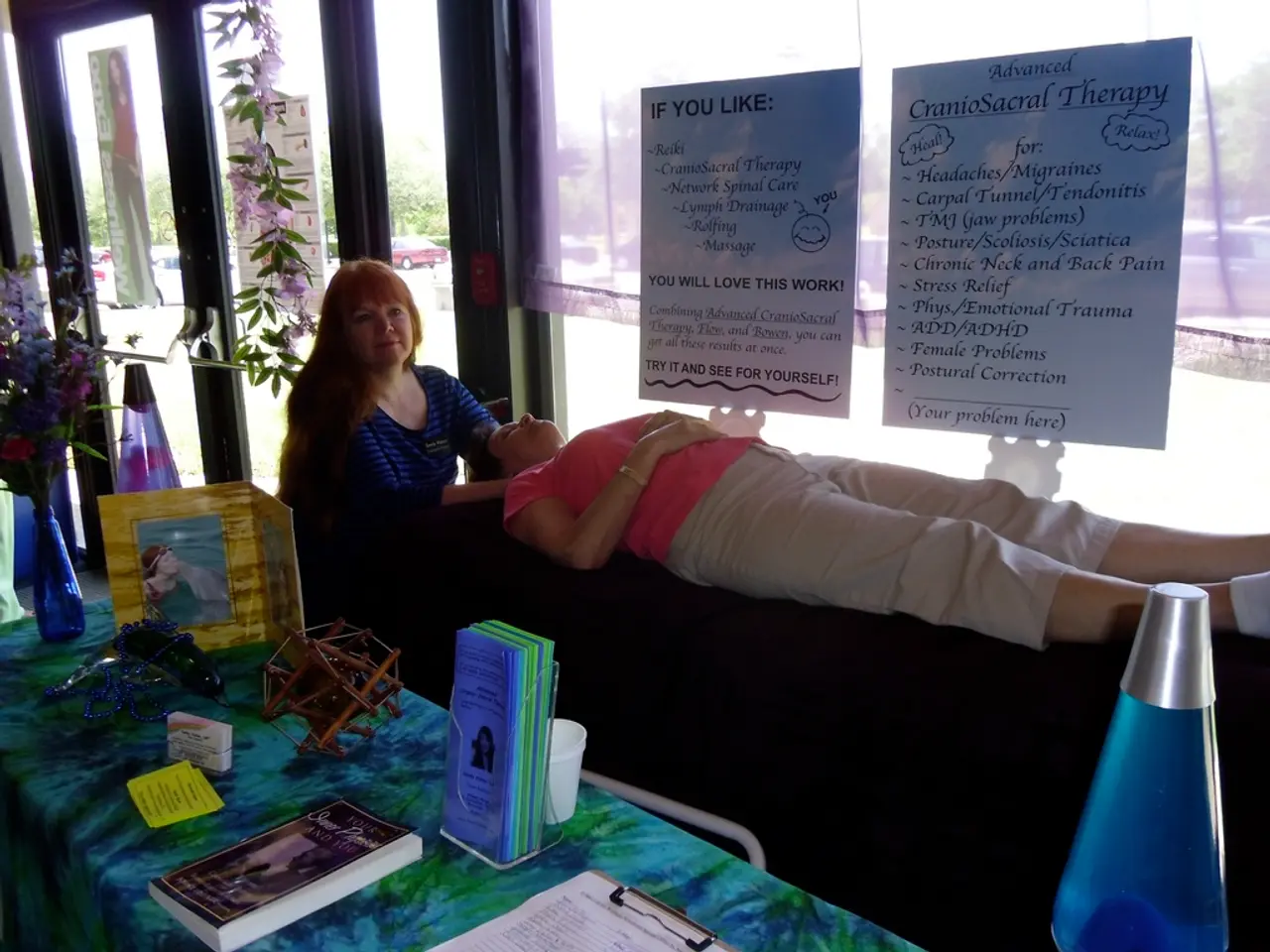Illusory Recollections: Uncovering the Ways Our Minds Manufacture Inaccurate Past Experiences
Memory, a fundamental aspect of our lives, is not as infallible as we might assume. It is a dynamic, reconstructive process, subject to change with each recall. This intriguing revelation forms the crux of a fascinating exploration into the human mind, one that sheds light on the phenomenon of false memories.
False memories, vivid yet inaccurate recollections of events, details, or experiences, can have profound impacts on our lives, perceptions, and behaviors. They can lead to confusion, guilt, anxiety, or embarrassment on a personal level, and on a larger scale, they can affect relationships, self-perception, and even the justice system.
The brain, a complex organ responsible for storing and retrieving memories, operates through intricate interactions between the hippocampus, prefrontal cortex, and amygdala. In Post-Traumatic Stress Disorder (PTSD), individuals can have distorted or fabricated memories of traumatic events, a blend of real experiences and distortions created by the brain.
Cognitive biases and emotions can contribute to false memories, leading to misremembering events with greater intensity. Schemas, mental frameworks that organize and interpret information, play a significant role in memory distortion. Cultural influences and mass media can also shape collective false memories, shaping the identity and collective memory of entire nations.
Stress and trauma, powerful forces, can affect the hippocampus, making memories more susceptible to change and leading to the formation of false memories. The Mandela Effect, a phenomenon where large groups of people share a false memory of an event or fact, such as believing Nelson Mandela died in the 1980s, highlights how collective false memories can emerge.
Modern media, particularly social media platforms, play a significant role in shaping and distorting memories. Repeatedly presenting distorted or misleading information can lead people to misremember events or develop collective false memories. This can have far-reaching consequences, leading to misunderstandings, conflict, and decisions based on inaccurate information.
The development of technologies that allow for the manipulation or enhancement of memory raises important ethical questions, such as who should control these technologies and the potential for false memories to be intentionally implanted for malicious purposes. Neurotechnology advancements, such as brain imaging techniques and brain-computer interfaces, are enabling scientists to study memory on a deeper level, potentially leading to the manipulation or enhancement of memory.
Transcranial magnetic stimulation (TMS), a non-invasive procedure that uses magnetic fields to stimulate specific areas of the brain, has been used to help individuals with memory loss. In therapy, patients may inadvertently create false memories through memory implantation.
The scientist who has extensively studied the phenomenon of false memories and demonstrated that it is possible to implant false memories in people is the American psychologist Elizabeth Loftus. Her groundbreaking research has shown that false memories can be intentionally implanted through suggestive questioning and social influences.
Psychologists like Elizabeth Loftus have extensively studied false memories, shedding light on the mechanisms that underlie their formation and the implications they have on our lives. Understanding false memories is crucial in addressing their impact on cognitive disorders, particularly in Alzheimer's disease and other forms of dementia. It also helps us navigate the complexities of the legal system, where false memories can lead to faulty eyewitness identification and false confessions.
In conclusion, false memories are an inherent part of how our memory system operates. Memory encoding is selective, meaning only certain aspects of an event are retained. This selectivity, coupled with the influences of cognitive biases, emotions, and external factors, can lead to the formation of false memories. As we continue to unravel the mysteries of the human mind, understanding and addressing false memories will remain a critical area of research and exploration.








